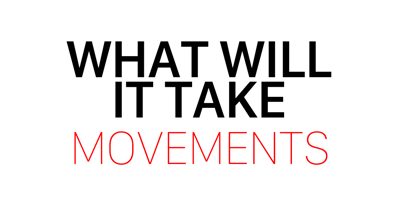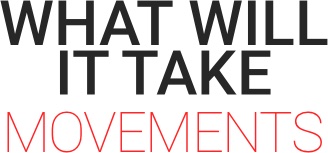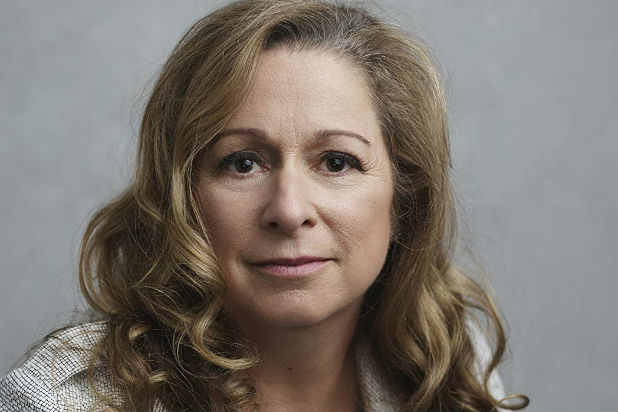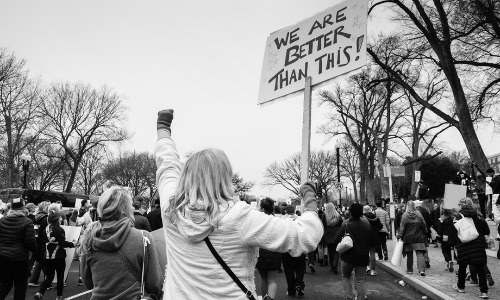This article was originally published October 10, 2019 at ForbesWomen. © Marianne Schnall. All Rights Reserved.
At a time when women everywhere are rising up, stepping up to leadership and boldly using their voices to demand change, Emmy-award winning filmmaker, activist and philanthropist Abigail Disney has been blazing that trail for years. At last week’s Woodstock Film Festival—known for showcasing creative and thought-provoking work by some of today’s most promising and accomplished independent filmmakers—Disney was appropriately honored with the Trailblazer Award for her work “as a true trailblazer in both visual storytelling and humanitarian activism.”
Disney is the co-founder, CEO and president of Fork Films, which began with the widely acclaimed feature film Pray the Devil Back to Hell, followed by Emmy-winning The Armor of Light and the five-part PBS series Women, War & Peace. Fork Films has since produced and funded over 100 documentary films promoting peace, lifting marginalized voices and building bridges across divided communities.
The extraordinary response to Pray the Devil Back to Hell led Disney to found Peace Is Loud, a nonprofit dedicated to supporting and spotlighting women who are stepping up for peace and resisting violence in their communities. Disney is also the co-founder and chair of Level Forward, a media and entertainment company that backs entertainment projects driven by women and people of color.
An outspoken advocate for a variety of issues, Disney recently made headlines when she criticized the Walt Disney company, cofounded by her grandfather Roy Disney, writing in an opinion column about what she called the “naked indecency” of the company’s pay practices. Disney’s column carried the headline “It’s time to call out my family’s company — and anyone else rich off their workers’ backs.”
I had the opportunity to interview Disney before she received her Woodstock Film Festival Trailblazer Award where she shared with me her insights on many of the issues she’s passionate about, including income equality, peace, women’s equity, what inspired her to become a filmmaker, why it matters who’s behind the camera, what it means to be a trailblazer and more.
Marianne Schnall: First of all, huge congratulations on getting the trailblazer award. How do you feel about being acknowledged as a trailblazer, and what advice do you have on blazing trails?
Abigail Disney: Thank you. It’s very nice to be acknowledged as a trailblazer. I don’t really feel like one because I came to filmmaking so late in life. I didn’t start until I was 46, so it’s weird for me to think of myself that way. But being a trailblazer means there is no roadmap, and so you have to rely on your own judgment a lot, which is for me a terrifying thing. So I have support around me. I have friendships, deep long-lasting friendships with people whom I really respect. That helps a lot. That’s a roadmap enough for me—to bounce things off of the people I respect, and know that they support me. And then every once in a while, I do a big fat gut check.
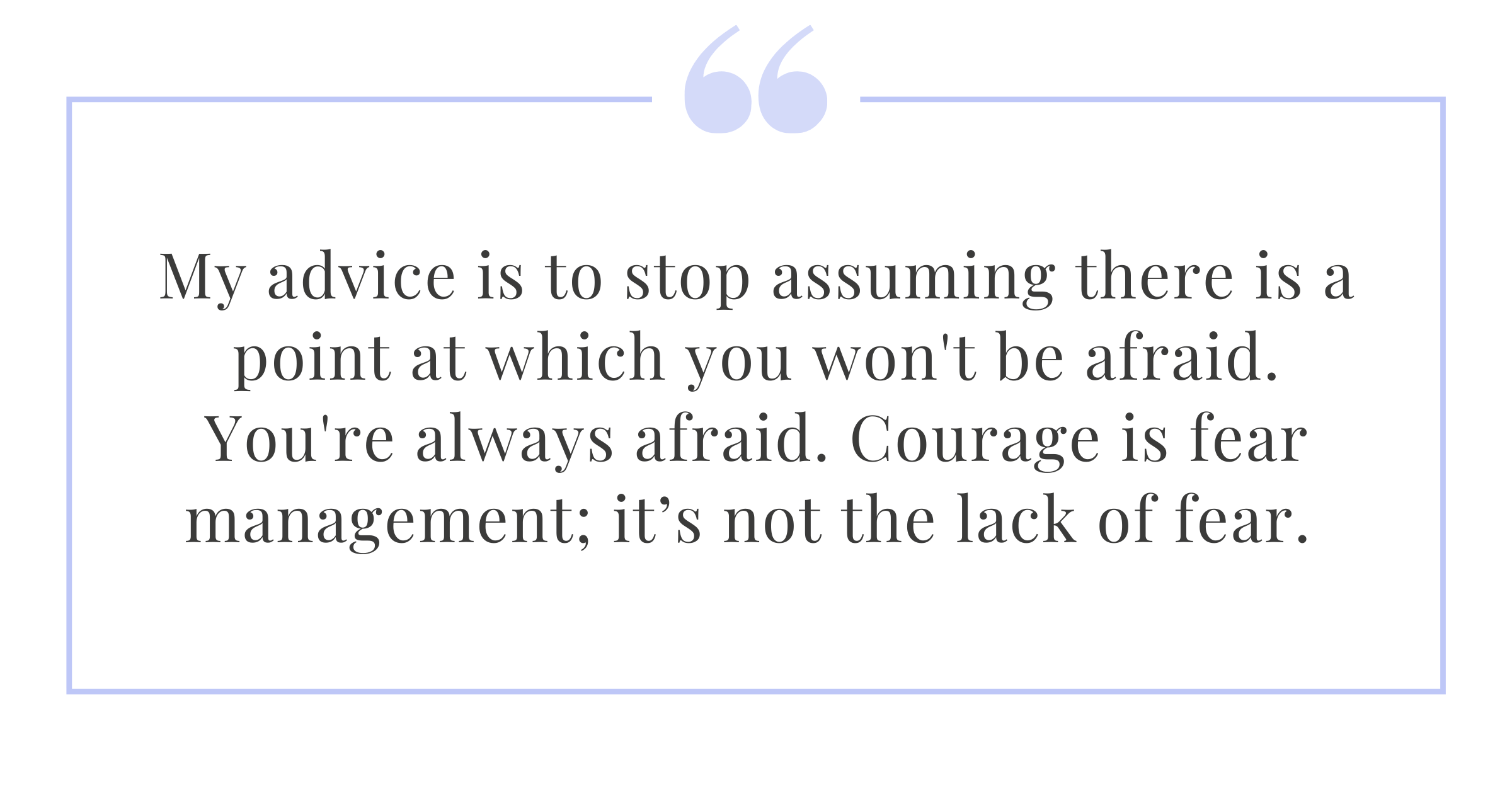 MS: In a lot of my interviews, one of the obstacles that I find holds women back is just fear. You have been so outspoken in your career, as an artist and advocate, taking on some of our most established institutions and systems without holding back. This can be a challenge for many women who sometimes feel reluctant to take risks or put themselves out there in that public way. How do you find your courage to use your voice, especially on controversial issues where they may be pushback or backlash?
MS: In a lot of my interviews, one of the obstacles that I find holds women back is just fear. You have been so outspoken in your career, as an artist and advocate, taking on some of our most established institutions and systems without holding back. This can be a challenge for many women who sometimes feel reluctant to take risks or put themselves out there in that public way. How do you find your courage to use your voice, especially on controversial issues where they may be pushback or backlash?
AD: My advice is to stop assuming there is a point at which you won’t be afraid. You’re always afraid. Courage is fear management; it’s not the lack of fear. So, first of all, accept the fear, invite it in, get used to how it feels, so that when something is coming up for you, you go, “Oh, that’s what that is.” Because often fear is only damaging when it dictates our behavior. So you weigh things against how important your fear is to you, how debilitating your fear feels.
And then, for me, I can’t stop doing what I’m doing even though I’ve got the full weight of this multi-billion-dollar, multi-national company on me because I know that this is right. I really do. And there is knowing you’re right and being wrong. A lot of people are wrong—there is always that danger—but again, you do the gut checks. You go and you talk to the people who are directly affected by what you’re saying. You just check in with that every so often and make sure you understand the impact of what you’re doing, and it gives you strength to keep going.
MS: Recently you were speaking out against the Disney Company and income inequality—
AD: Actually I think of it as for the Disney company.
MS: True. I just co-convened a whole conference on Women and Money where we were having conversations about this. And when I interviewed you last year about women and philanthropy, you talked about the need for women to not be hesitant about owning their power and owning their money. How do we need to change the paradigms of how we think about money as a force for equality and change?
AD: Well, you know, a lot of the stuff about women’s empowerment has amounted to teaching women to be like men. Not all men. But you know what? What we are looking at in terms of the system right now that we’ve got going and the assumptions we make about what is okay and what is not okay aren’t working. They’re not working for a large swath of the human population, and they are going to kill us all ultimately, because of the environment. So you have to first of all take responsibility, not just ownership, but responsibility. Something might not be your fault, but you’re still responsible, right?
So you have to step into that, and for me I can’t continue to take my dividend and accept all that growth in the stock when I know it’s not just happening alongside these things, it’s happening because of these things. That company is built on a presumption about how their lowest paid workers should live. This is built into the business plan. And my feeling is, if your business plan requires you to exploit and humiliate large numbers of people, even if it’s only like the bottom ten percent, it’s ten percent of people that you’re employing. That’s enough people to change it.
If your money is happening because of a structure of oppression—I hate using that word because it feels melodramatic, but that’s what this is—then you have to do anything you can to deconstruct that. If you don’t, who will?
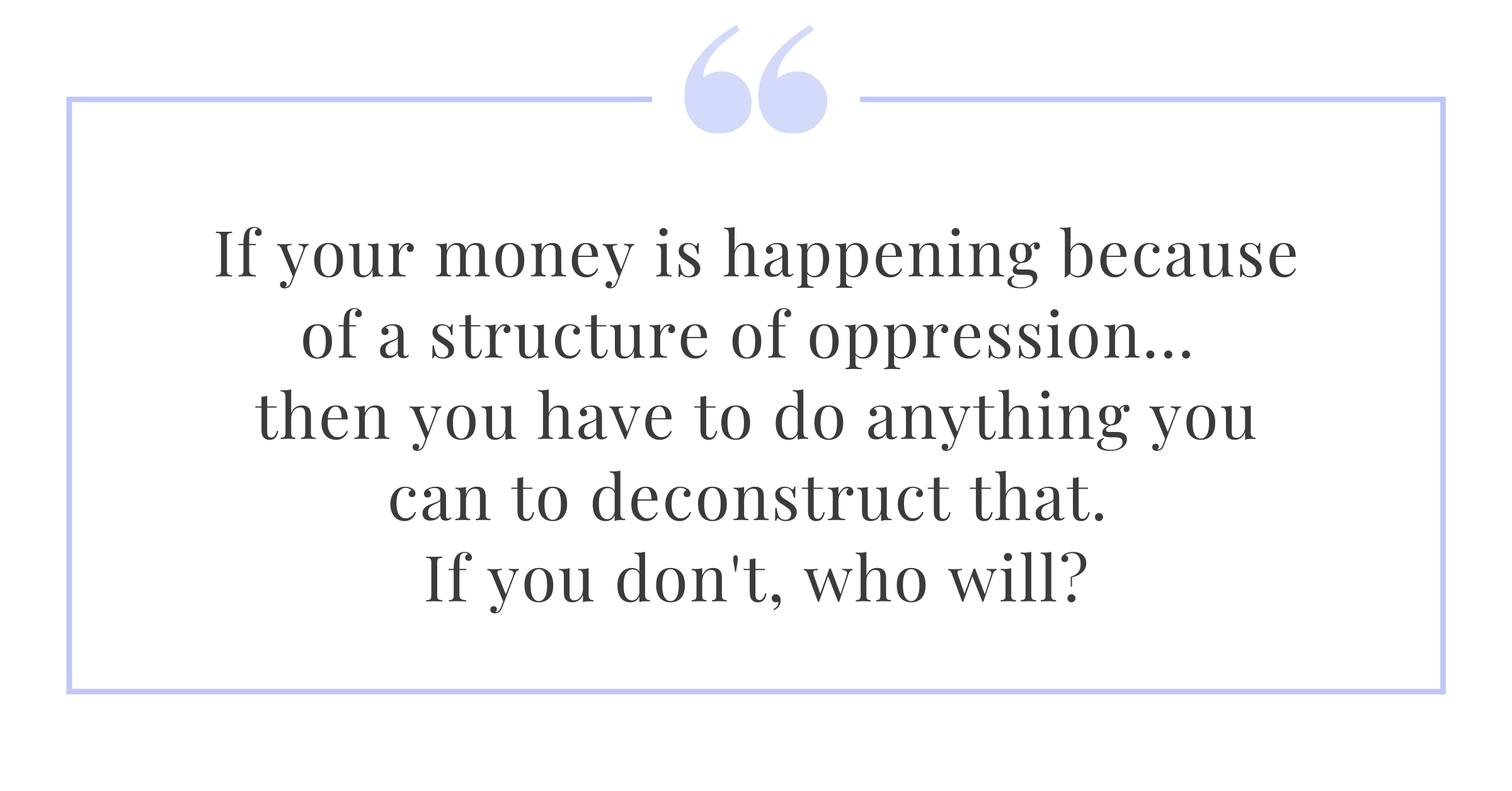 MS: Thank you so much for advocacy on all that, Abby. It takes a lot of courage. We’re here at the Woodstock Film Festival, and of course that’s part of why you’re being honored is because of these incredible documentaries and hundreds of films that you’ve been a part of. Can you describe how you view film and the power of storytelling as a vehicle to create change?
MS: Thank you so much for advocacy on all that, Abby. It takes a lot of courage. We’re here at the Woodstock Film Festival, and of course that’s part of why you’re being honored is because of these incredible documentaries and hundreds of films that you’ve been a part of. Can you describe how you view film and the power of storytelling as a vehicle to create change?
AD: Well, you’ve got to use all the arrows in your quiver, right? When I made my first film and I saw the way rooms responded to it, I realized that there was this rocket fuel that I had in my power that I had never used. All I had been using up to that point was my voice and my money. And films get into hearts. We always talk about hearts and minds, but it’s really about hearts because everything follows hearts. And you have to use film as a way to bridge, to access, to join people together, to make them want to be together.
I don’t believe in pointing fingers or trying to call people out. I think what you have to do is make people understand each other better every chance you get. So I do speak up, and I do criticize, but only where I think there is a greater good. And film is a key part of bringing us together around our shared values.
MS: Can you describe your mission and vision for Level Forward, which has been described as “a new breed of storytelling company focused on systemic change through creative excellence, balancing financial and social returns”? Why did you decide to found that company?
AD: I have been working on this question of who is behind the camera for a long time. And it really matters. I could give you a million examples. It really matters who is deciding what scripts get made, who should be in them, what kind of ethos should be driving a production. So it doesn’t just come down to the stories are pro-women. It doesn’t come down to the directors are all women or the writers are all women. It is that the ethos has to shift. We need to stop thinking of feminism as boot camp for being men. We need to reevaluate and rebuild the structures of business.
And my belief is, unless capital structures shift, nothing about Hollywood will ever shift. And Hollywood is shaping everybody’s expectations about everything. So Level Forward is an attempt to build something big enough to affect capital structures. I want to make the things that wouldn’t have otherwise been made. There are so many things that languish with either not enough money or no money at all. And I’m just tired of it.
I feel like we’re really making some progress. We’ve won an Emmy; we got ten nominations this year. I’m going back tomorrow for the “Slave Play” opening, and “Jagged Little Pill” is going to just crush Broadway.
MS: Congratulations. The world is an unstable place at the moment, and a peaceful planet can feel out of reach. Awhile back you and I co-organized an event on Women & Peace, and I know the connection between women and peacemaking has been central to your work and advocacy. How do you see the connection?
AD: If your version of peace doesn’t involve the active disassembling of structures of oppression, that’s not peace. That’s just passivism, and that’s unacceptable. That’s not peace. That’s just leaning back and letting the structures do the violence for you.
So my vision of peace is that you’re spending your life actively disassembling the barriers to people living just, fair, and fulfilled lives. And this is what I’ve learned, and I’m almost 60 now, so I get to start saying old lady wise things: in the process, that’s where you find peace, that’s where you find fulfillment. It’s the work that is the object. Because in it I have made every friendship, every relationship, I’ve found everything that was important for me to know and done everything that was important for me to do. It was the work that was peace. So the “how” is the “what.”
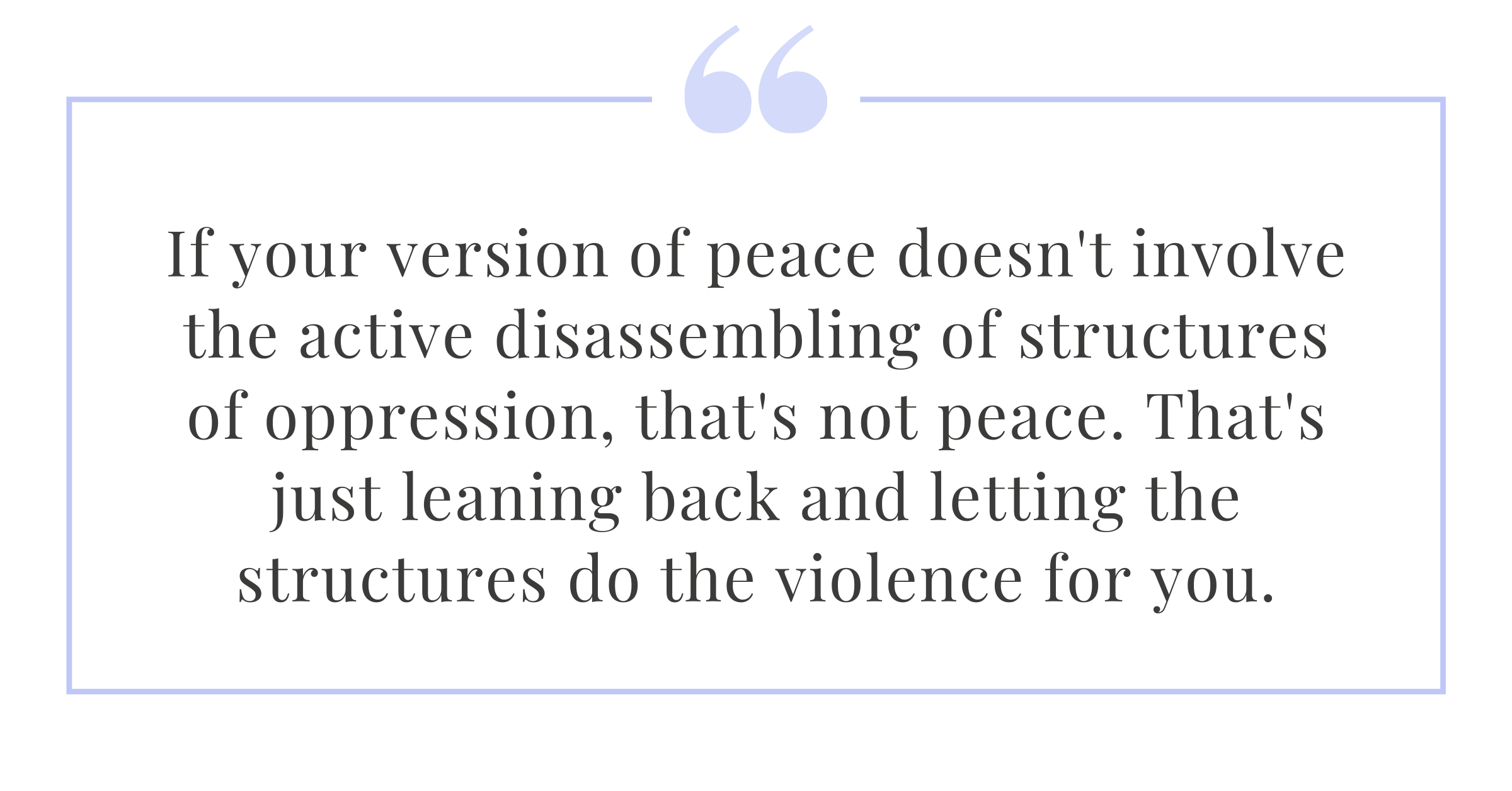 MS: You have been a natural leader. What advice do you have on cultivating your inner leader, and what type of leaders do you think we most need now?
MS: You have been a natural leader. What advice do you have on cultivating your inner leader, and what type of leaders do you think we most need now?
AD: Well honestly, I think we need followers, because the structure of everything we’ve been talking about, especially to young people, about making the world a better place, has been around this idea of a social entrepreneur. Or, you know, let’s just keep starting things, starting things, there are a lot of things in motion that are great. Join something. Join something, and be an active part of it. We need to reflect more on how it is we build collective movements and behave inside of those movements to make them do what they need to do collectively better.
So I actually never really thought, “I’m going to go be a leader.” Honestly all of this weirdness around me is strictly accidental. I haven’t sought this out. So the best kind of leadership, what feels comfortable to me, is what’s happened naturally. So the spotlight doesn’t shine on everyone, and if it did there’d be no one sitting in the audience, you know? We need each other, and we need to start to learn how to work collectively. And we need to let go of the idea of attention being its own reward.
MS: You continue to be an seemingly tireless advocate for a variety of issues from economic inequality to supporting women to gun control, and so much more—all through many mediums, as a filmmaker, as a philanthropist, as an organizer and advocate. And you don’t have to do any of this and I know it is hard work. What drives you?
AD: That’s such a hard question to answer because I am a hyperactive, unreasonable person, and it’s not normal what I’m doing. But, you know, Picasso had to paint, George Eliot had to write, and I feel like a little bit of a relationship with it like that. I don’t know how not to do what I’m doing.
MS: Self-care sounds cliché, but I know it is often a challenge for women to take time for themselves. In these concerning and often crazy times, how do you keep yourself centered and sane?
AD: I don’t take care of myself as well as I should or as often as I should, but I do have intermittent moments where I retreat. So I really protect my alone time. And I really protect the time I need to, for instance, just read a book or just watch a movie or something, so I’m getting a little better at that. And I also meditate as often as I can. I don’t meditate every day, but when I meditate, I feel better.
MS: What is your call to action for women today?
AD: Find a thing that’s amazing, and then get on board with it in whatever way is useful to them, not what appeals to you personally. If they need letters written, and you don’t like writing letters, then go find something else to do. But if you’re inclined that way, do the thing that’s useful. Ask what’s useful, and then do that. And then look around you—everybody wants to do the right thing, so figure out how to bring people with you.
Marianne Schnall is the founder of What Will It Take Movements and a widely published journalist, author, speaker and interviewer. She is the author of What Will it Take to Make a Woman President? Conversations About Women, Leadership & Power. Her new books include Leading the Way: Inspiring Words for Women on How to Live and Lead with Courage, Confidence, and Authenticity, and Dare to Be You: Inspirational Advice for Girls on Finding Your Voice, Leading Fearlessly, and Making a Difference.
